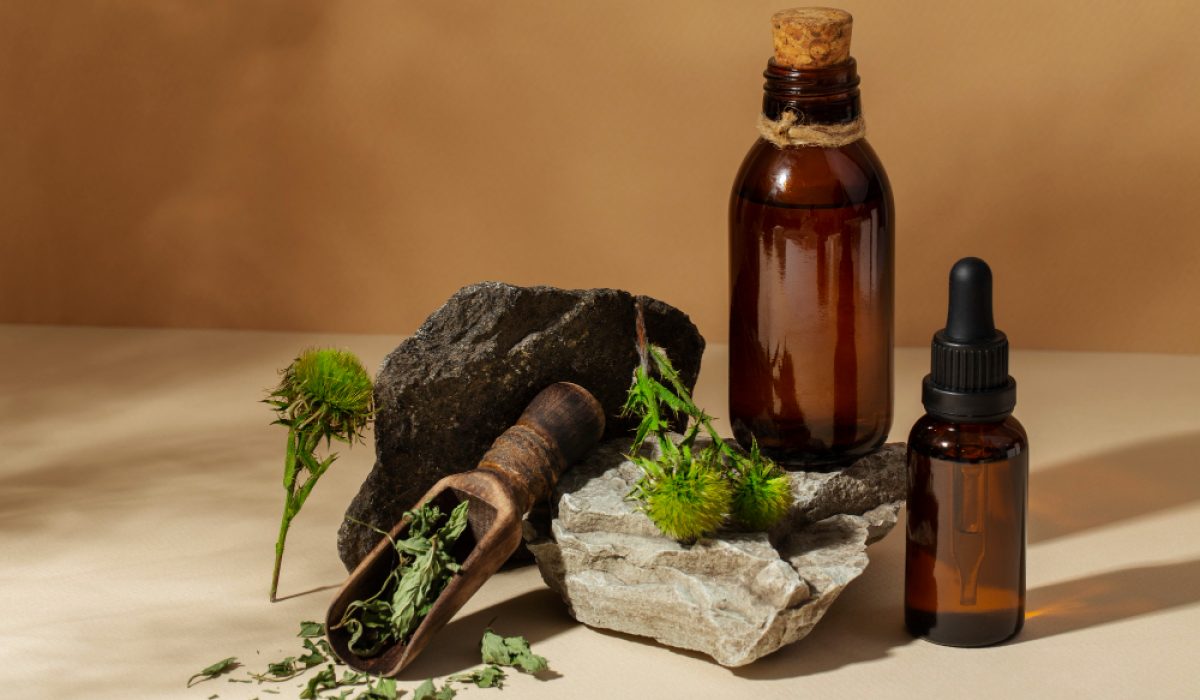What Are Piles?
Piles, also called hemorrhoids, are swollen veins in the lower part of the rectum or anus. Many people experience pain, itching, or bleeding from piles. In Ayurveda, piles are known as “Arsha.” This condition can cause discomfort during daily activities. Ayurvedic treatment for piles focuses on natural healing and long-term relief.
Common Symptoms of Piles
Piles can show different signs. Early detection helps in better management. Here are some common symptoms:
Sometimes, symptoms may be mild. However, they can worsen if not treated early.
Causes and Risk Factors from an Ayurvedic Perspective
According to Ayurveda, piles develop due to an imbalance in the body’s doshas—Vata, Pitta, and Kapha. Poor digestion, unhealthy diet, and a sedentary lifestyle can disturb these doshas. As a result, toxins build up in the body. This leads to swelling and inflammation in the anal region.
Some common Ayurvedic risk factors include:
Therefore, making healthy choices can help reduce your risk.
Ayurvedic Diagnosis Methods
Ayurvedic doctors use a holistic approach to diagnose piles. First, they ask about your symptoms and daily habits. Next, they check your pulse, tongue, and eyes. These checks help them understand your dosha balance. Sometimes, a gentle physical exam is needed. This helps confirm the type and stage of piles. Early diagnosis leads to better results with natural piles treatment.
Ayurvedic Treatments for Piles
Ayurveda offers several natural piles treatments. These focus on healing, reducing discomfort, and preventing recurrence. Some popular Ayurvedic remedies for piles include:
Always use these remedies under the guidance of a qualified Ayurvedic practitioner.
Lifestyle and Dietary Guidance in Ayurveda
Ayurveda stresses the importance of a balanced lifestyle for piles cure. Here are some simple tips:
Following these habits can support natural piles treatment and prevent flare-ups.
Prevention Tips Based on Ayurvedic Principles
Preventing piles is possible with simple Ayurvedic steps. Consider these prevention tips:
By following these tips, you can lower your risk of piles and enjoy better health.
Conclusion
Ayurvedic treatment for piles offers natural remedies, lifestyle changes, and preventive care. Early action and the right guidance can help you manage symptoms and avoid complications. Consult a qualified Ayurvedic practitioner for personalized advice on managing piles.

